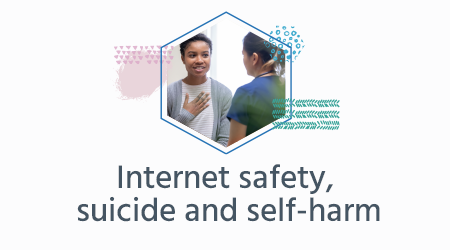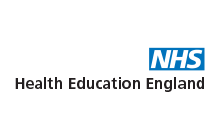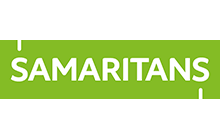

Available on the Learning Hub
This programme has moved to the NHS Learning Hub. We recommend you read the information on this webpage to find out more about the programme before you access the learning ( https://learninghub.nhs.uk/Catalogue/Internet-safety-suicide-self-harm).
More information about the Learning Hub and the migration of elfh programmes can be found here.
This programme was originally located on the elfh hub and was first published on 11th Oct 2022. It migrated on to the Learning Hub on 9th May 2024.
About the programme
The internet plays a big part in people’s lives, however online activity is often overlooked when exploring people’s experiences around suicide and self-harm.
For many people the internet is an important source of support, but some online content can be harmful: acting to maintain or exacerbate self-harm or suicide thoughts and behaviours.
Talking about online activity around suicide and self-harm with the people you work with can help you better understand their needs. Through these conversations you can support them to stay safe and have positive experiences online.
This course is relevant to anyone who provides support around suicide and self-harm, including:
- Mental health practitioners, such as psychiatrists, psychologists, nurses, therapists, counsellors, Mental Health Support Teams (MHSTs)
- Education based practitioners, such as school nurses, educational psychologists, behaviour support teams
- Learning disability and autism specific practitioners
- Emergency care practitioners
- Voluntary Community and Social Enterprise (VCSE) practitioners
- Social Workers
- And more
The session takes approximately 30 minutes to complete. By the end you will know:
- Why it’s important to ask people about their internet use around suicide and self-harm.
- What people do online and the potential risks and benefits of exploring suicide and self-harm online.
- How to ask the people you support about their internet use.
- What advice you can give to help people stay safe and have positive experiences online.
More information
This course was developed by Samaritans’ Online Harms team. We promote excellence in suicide prevention and the online environment, working closely with academics, industry and government partners.
Our information for practitioners on internet safety, suicide and self-harm was developed with the support of a steering group in the North East and Yorkshire Region with colleagues from: Durham County Council Public health, Middlesbrough Council Public health, Tees, Esk and Wear Valleys NHS Foundation Trust, Office for Health Improvement and Disparities, Northumbria University and Northumbria Police. The project has been funded by Nominet.
To develop this guidance we have engaged over 200 practitioners from different professional backgrounds, including mental health nurses, GPs, counsellors and more. They shared their experiences and concerns through a series of workshops and in-depth interviews.
We also worked with a panel of people with lived experience of internet use around suicide and self-harm to co-design the messaging and content. Through a series of workshops, they shared their views on how practitioners can better support people to stay safe online with regards to suicide and self-harm.
Meet the team

Francesca Edmans
Digital Project Manager, Online Harms, Samaritans
Lydia Grace
Programme Lead, Online Excellence, Samaritans
Jacqui Morrissey
Assistant Director of Research & Influencing, Samaritans
Nicole Beckford
Senior Project Manager, HEE elearning for healthcare
Alice Denham
Learning Designer, HEE elearning for healthcare
Catherine Moran
Graphic Designer, HEE elearning for healthcare
Kieron Bradshaw
Communications Officer, HEE elearning for healthcare
How to access
In order to access any elfh programme, you will need an elfh account. If you do not have one, then you can register by selecting the Register button below.
To view the Internet Safety, Suicide and Self-Harm programme, select the View button below. If you already have an account with elfh, you will also be able to login and enrol on the programme from the View button.
If you already have an account with elfh, then you can enrol on to the Internet Safety, Suicide and Self-Harm programme by logging in to the elfh Hub, selecting My Account > Enrolment and selecting the programme. You can then access the programme immediately in the My e-Learning section.
NHS healthcare staff in England – ESR
The Internet Safety, Suicide and Self-Harm programme is also available to NHS healthcare staff via the Electronic Staff Record (ESR). Accessing this e-learning via ESR means that your completions will transfer with you throughout your NHS career.
Further details are available here.
Not an NHS organisation?
If you are not an NHS health or care organisation and therefore do not qualify for free access elfh Hub, you may be able to access the service by creating an OpenAthens account.
To check whether or not you qualify for free access via OpenAthens, you can view the eligibility criteria and register on the ‘OpenAthens’ portal.
Registering large numbers of users
If you are a HR, IT or Practice Manager and would like to register and enrol large numbers of staff within your organisation for access onto the Internet Safety, Suicide and Self-Harm programme, please contact elfh directly.
More information
Please select the following link for more information on how to use the elfh Hub.
Select here for more information on the authorisations process to run reports on the learning activity of staff.
Select the following link for more information about CPD points.



